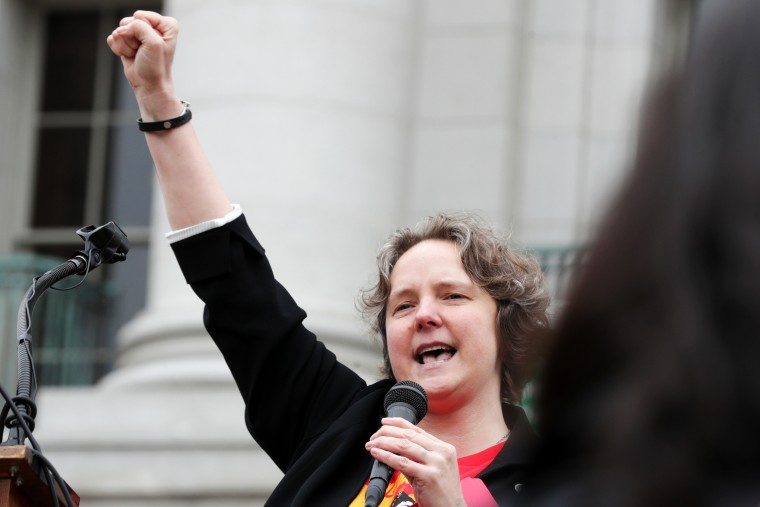
Money for All: Free Cash Programs Spread Across Cities to Combat Poverty
In recent years, the concept of providing free cash programs to support individuals facing financial hardships has been gaining traction across various cities worldwide. These programs aim to expand the anti-poverty safety net and address income inequality by providing direct financial assistance to those in need. As more cities recognize the urgency of supporting their most vulnerable residents, the implementation of free cash programs has become a vital component of social welfare initiatives.
One of the key factors driving the expansion of free cash programs is the acknowledgment of the limitations of traditional welfare systems in meeting the diverse and evolving needs of marginalized communities. While conventional social welfare programs offer crucial support, they often come with strict eligibility criteria and bureaucratic hurdles that can prevent many individuals from accessing the assistance they require. In contrast, free cash programs offer a more flexible and inclusive approach by providing unrestricted financial support directly to recipients, allowing them to address their unique needs and priorities.
Moreover, the growing interest in free cash programs can also be attributed to the recognition of the positive impact of cash transfers on poverty alleviation and economic empowerment. Research has shown that providing direct cash assistance can lead to improved financial stability, increased job opportunities, and enhanced well-being among recipients. By empowering individuals to make their own choices regarding how to use the funds, free cash programs promote dignity and autonomy, fostering a sense of self-reliance and agency among beneficiaries.
Furthermore, the emergence of free cash programs reflects a shift towards a more progressive and compassionate approach to addressing poverty and income inequality. By recognizing that financial hardships are often the result of systemic inequities and structural barriers, cities are taking proactive steps to ensure that all residents have access to the resources they need to thrive. By investing in free cash programs, policymakers are signaling their commitment to creating a more just and inclusive society where everyone has the opportunity to meet their basic needs and fulfill their potential.
As more cities embrace the idea of free cash programs as a tool for poverty reduction and social justice, it is essential to prioritize ongoing evaluation and enhancement of these initiatives. By collecting data on the impact of cash transfers, cities can ensure that the programs are effectively reaching those in need and generating positive outcomes. Additionally, collaboration with community organizations and stakeholders can help tailor free cash programs to the specific needs of local residents and build a more comprehensive anti-poverty safety net.
In conclusion, the proliferation of free cash programs represents a promising development in the fight against poverty and inequality. By providing direct financial assistance to individuals in need, cities are demonstrating their commitment to creating a more equitable and inclusive society. As the momentum behind free cash programs continues to grow, it is crucial to leverage these initiatives as part of a broader strategy to address systemic barriers and promote economic justice for all.
